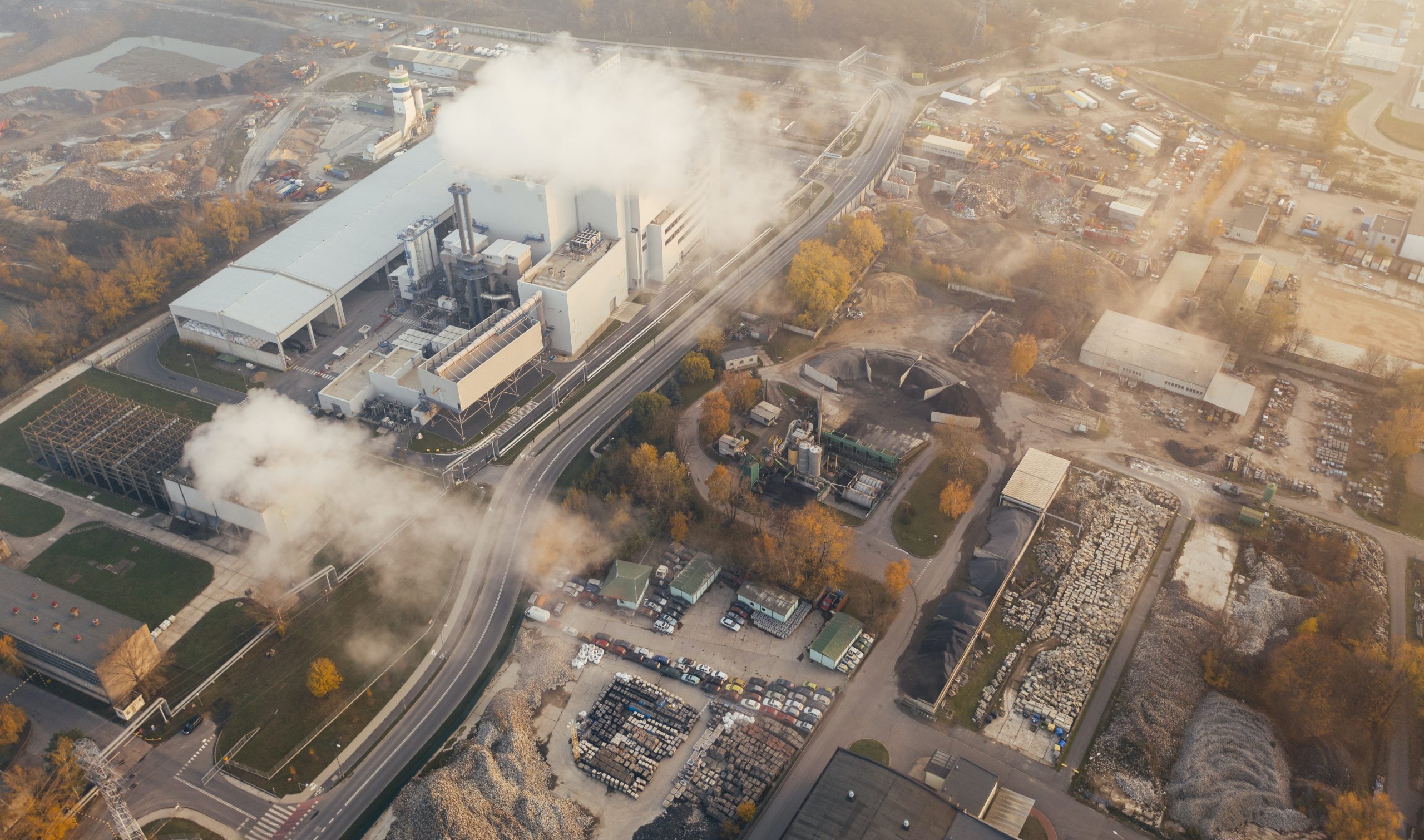
The new measures will reduce the ability of member states to deal with unexpected supply problems quickly and at low cost.Continue reading

Europe has overcome the most difficult period of the natural gas supply crisis and avoided the worst-case supply scenarios thanks to the measures taken, according to a sector analysis presented by Fitch Ratings on Wednesday. Gas demand has fallen significantly in Europe, including Hungary.
The international credit rating agency said that it believes the record volumes of liquefied natural gas (LNG) that have become available and the saturation of storage facilities mean that Europe could withstand the impact of a complete shutdown of Russian gas supplies this year. Abundant LNG inflows, falling demand, and mild winters have helped to avoid forced rationing of gas supplies, and this has already eased tensions in the gas market last year, the analysis says.
According to the firm’s data,
much of the decline was in the industrial sectors, with gas demand falling by 21 percent in Germany and 47 percent in Hungary last year compared to the average for 2019-2021.
Overall, Fitch analysts expect European economies’ natural gas demand to be 15 percent lower this year than in 2021. Liquefied natural gas will continue to play a key role in replacing rapidly declining Russian supplies.

The new measures will reduce the ability of member states to deal with unexpected supply problems quickly and at low cost.Continue reading
Moreover, the rating agency mentions that Hungarian oil and gas company MOL’s outlook on its investment grade remains at ‘BBB minus,’ revised to negative from stable, while Czech gas grid operator TSO Net4gas has been stripped of its investment grade status by Fitch, downgrading the company from ‘BBB’ to ‘BB plus.’ Fitch Ratings also placed TSO Net4gas’ new rating on a watch list with negative implications.
The analysis sums up by stating that all factors considered, it is becoming increasingly clear that Europe has avoided the worst-case scenarios for natural gas supply. The European Union ended 2022 with 85 billion cubic meters of gas in storage, 58 percent higher than at the end of 2021.
Regarding Fitch’s rating on Hungary, the agency has revised the outlook on Hungary’s Long-Term Foreign-Currency Issuer Default Rating (IDR) to negative from stable, and affirmed the IDR at ‘BBB’ in January. As reasons for this, Fitch cited inflation and the uncertainty of EU funds, among others. Standard & Poor’s, another internationally acknowledged rating agency, has said the same, downgrading Hungary’s ‘BBB’ rating to ‘BBB-.’

Standard & Poor's downgrading means that Hungary is still within the category of investment grade, but only by a narrow margin.Continue reading
The problem is, the year is not over yet, and six more reviews are coming regarding Hungary in 2023 to assess the critical factors for the Hungarian economy. The biggest risk is that with S&P’s downgrading last week, the country is in the investment grade only by a narrow margin, and any other moves could be painful. However, not everything is all bad, as more and more experts are now saying that recession could be avoided in Europe this year, despite earlier concerns.
Featured photo via Pexels
Array
(
[1536x1536] => Array
(
[width] => 1536
[height] => 1536
[crop] =>
)
[2048x2048] => Array
(
[width] => 2048
[height] => 2048
[crop] =>
)
)